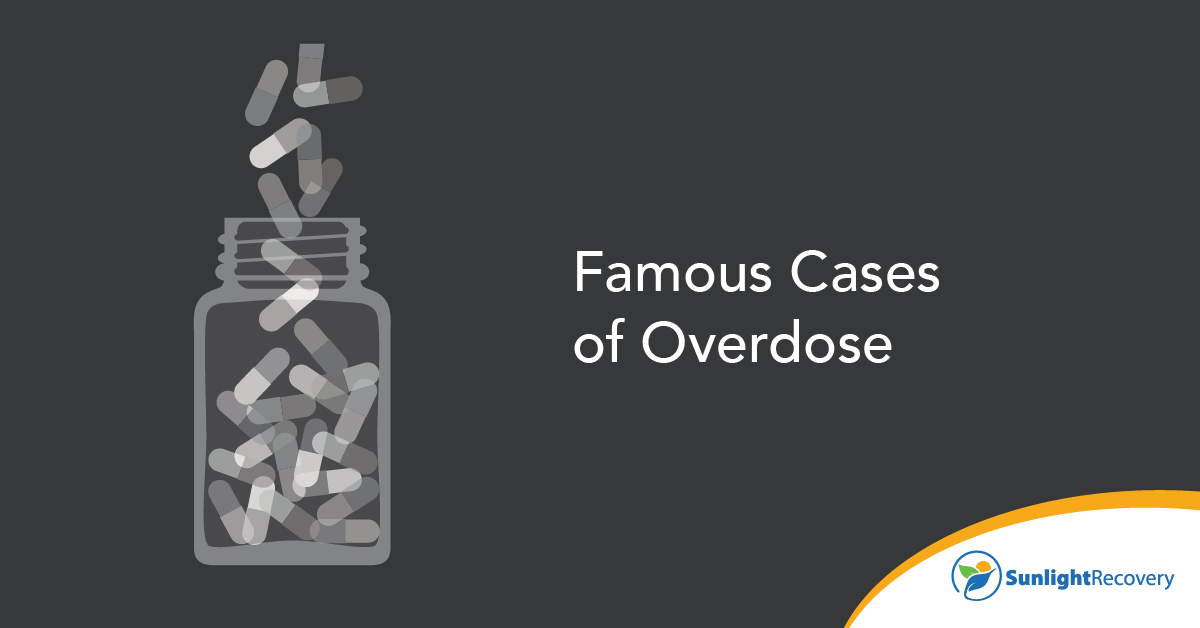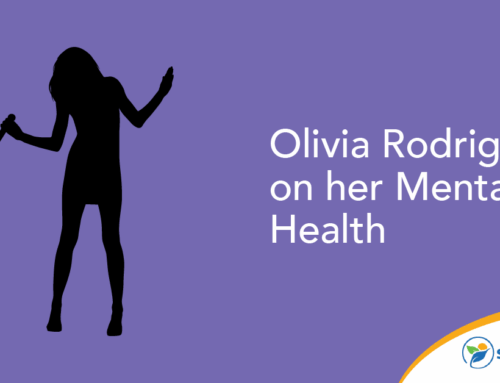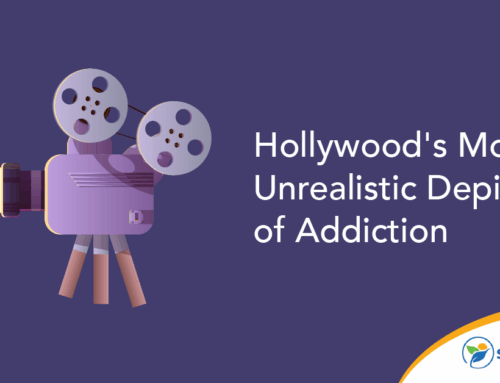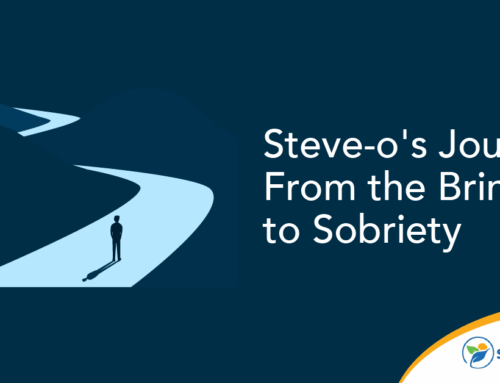Addiction doesn’t discriminate. Whether you’re a struggling individual or a globally recognized celebrity, the devastating impact of substance abuse can touch anyone’s life. While the media often sensationalizes high-profile cases of actors who overdosed, these stories represent a deeply human struggle that transcends fame, wealth and social status. This article explores the complex landscape of addiction, highlighting the importance of compassion, understanding and proactive intervention.
Understanding the Prevalence of Overdose in Society
Overdose is a critical public health emergency that continues to devastate communities across the United States, and it’s not just actors who overdosed contributing to the high rates of death. For years, the Centers for Disease Control and Prevention reported a stark and alarming reality: Drug overdose deaths were increasing each year and had reached unprecedented levels. In 2023, however, the rate of drug overdoses decreased for the first time in over 20 years. The decrease was slight, however, and still accounted for over 105,000 deaths — a number that represents not just statistics but entire lives interrupted, families shattered and potential unrealized.
The opioid epidemic stands at the forefront of this crisis, affecting urban and rural communities alike. Prescription painkillers, synthetic opioids and illicit drugs, such as heroin, have created a complex web of addiction that cuts across socioeconomic boundaries. Factors including chronic pain, mental health disorders, economic stress and limited access to comprehensive health care contribute to overdose rates.
Young adults between the ages of 35 and 44 are particularly vulnerable, with overdose becoming a leading cause of death for this demographic. The pandemic further exacerbated these challenges, increasing isolation and mental health struggles and disrupting support systems that are critical in addiction recovery. The fact that the pandemic is finally over may have contributed to the decrease in rates of death from overdoses.
High-Profile Cases: Of Celebrity Overdoses
Each overdose case tells a complex story beyond the headlines. These aren’t simply cautionary tales but profound human narratives of struggle, pain and the challenging journey of recovery. These stories of several well-known celebrities who have died from overdose illuminate the deeply personal nature of addiction.
Philip Seymour Hoffman
An extraordinary actor who struggled with addiction for decades, Oscar winner Philip Seymour Hoffman battled heroin and prescription drug addiction. After 23 years of sobriety, he relapsed in 2012, demonstrating that addiction is a lifelong challenge. His tragic overdose in 2014 highlighted the brutal reality that recovery is a continuous process requiring ongoing support and vigilance.
Heath Ledger
Known for his transformative performances, Ledger’s struggle with prescription medication revealed the dangerous intersection of mental health and substance use. His accidental overdose in 2008 brought national attention to the risks of self-medicating and the importance of professional mental health support. Ledger’s story underscores how talented, creative individuals often battle internal demons that aren’t visible to the outside world.
Michael K. Williams
A beloved actor known for his powerful performances in The Wire, Williams was open about his struggles with addiction. His overdose in 2021 occurred during a period of personal reflection and ongoing recovery efforts. His death emphasized that addiction doesn’t define a person’s worth and that seeking help is a continuous, courageous journey.
Other celebrities that overdosed include:
The Role of Stigma and Awareness in Overdose Prevention
The persistent stigma surrounding addiction represents a significant barrier to recovery and treatment. In professional environments — particularly those in high-stress industries, such as entertainment, media and corporate settings — there exists an unspoken expectation of maintaining a perfect external image. This cultural pressure creates a toxic environment where individuals feel compelled to hide their struggles rather than seek help.
Stigma manifests in a variety of harmful ways. Many people view addiction as a moral failing or a sign of weakness rather than understanding it as a complex medical condition involving brain chemistry, mental health and environmental factors. This misconception prevents individuals from accessing critical support services, causing them to feel shame about their experiences and believe they should be able to overcome addiction through willpower alone.
Media representation plays a critical role in perpetuating or dismantling these harmful narratives. Responsible storytelling that portrays addiction as a treatable health condition can help reshape public perception. By humanizing addiction stories and showcasing successful recovery journeys, we can create more compassionate understanding.
Awareness campaigns must focus on education, destigmatization and providing accessible resources. This includes training health care providers, challenging workplace cultures that discourage vulnerability and creating support networks that prioritize holistic healing over judgment.
Celebrities that have pubicly struggled with spoken out in an effort to destigmatize mental health issues and addiction include:
- Megan Thee Stallion
- Cara Delevigne
- Bradley Cooper
- Katy Perry & Orlando Bloom
- Delonte West
- Bam Magera
- Jon Hamm
- Brad Pitt
- Ryan Reynolds
- Pete Davidson
- Selena Gomez
- Robert Downey Jr.
- Andy Warhol
- Lily Allen
- Eminem
- Michelle Obama
- Serena Williams
Seeking Help: Breaking the Cycle of Addiction
Recovery is a deeply personal transformative journey that requires comprehensive support, strategic intervention and unwavering commitment. It’s not simply about stopping substance use but rather about rebuilding the entire approach to life, mental health and personal well-being.
The path to recovery begins with honest self-reflection and a willingness to be vulnerable. Professional treatment programs offer multifaceted approaches that recognize addiction as a complex interplay of psychological, physiological and social factors. These programs typically involve several integrated strategies designed to address the root causes of addiction.
Medical detoxification represents the first critical step, providing a safe, controlled environment for people to withdraw from substances under professional medical supervision. This process manages potentially dangerous withdrawal symptoms and prepares patients for subsequent rehabilitation stages.
Psychological counseling forms the core of comprehensive addiction treatment. Therapists help individuals unpack underlying traumas, develop healthy coping mechanisms and reconstruct personal narratives. Cognitive behavioral therapy, trauma-informed care and group therapy sessions also provide multiple avenues for healing and self-understanding.
Long-term rehabilitation extends beyond initial treatment, focusing on building sustainable life skills and relapse prevention strategies. These might include vocational training, family counseling, holistic wellness practices and ongoing support group participation. The goal isn’t just sobriety but rather creating a fulfilling life that supports continued recovery.
A Path Forward: Your Journey Matters
Every individual’s struggle with addiction is unique, but no one has to face it alone. Professional support can transform what seems like an insurmountable challenge into a journey of recovery and hope. If you or someone you know is struggling with addiction, don’t wait. Contact Sunlight Recovery today for compassionate, confidential support.







